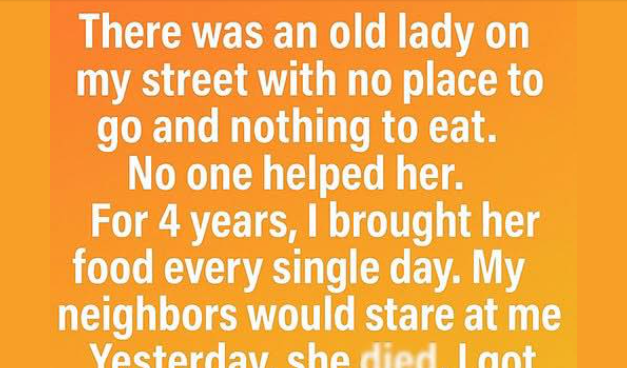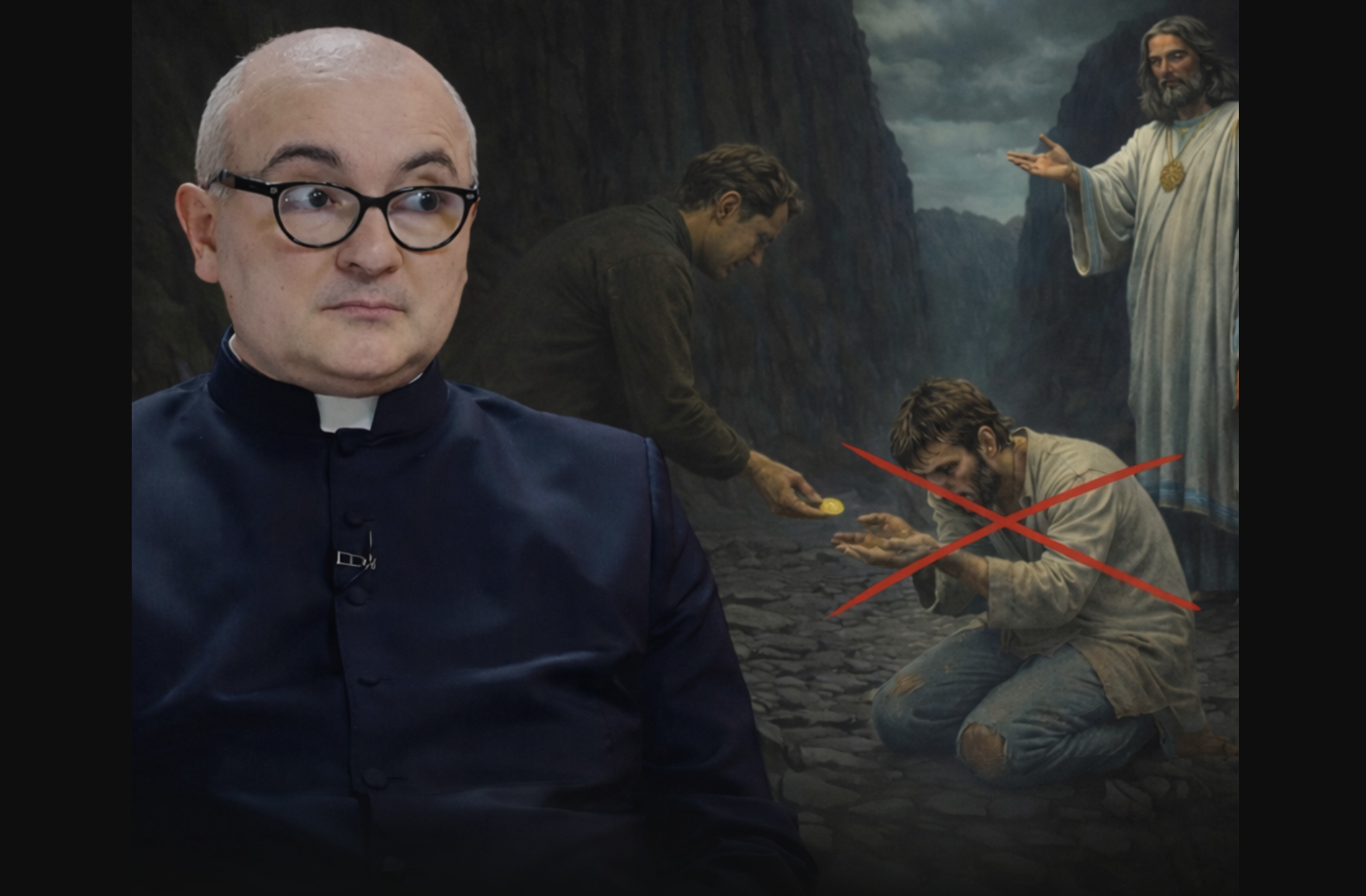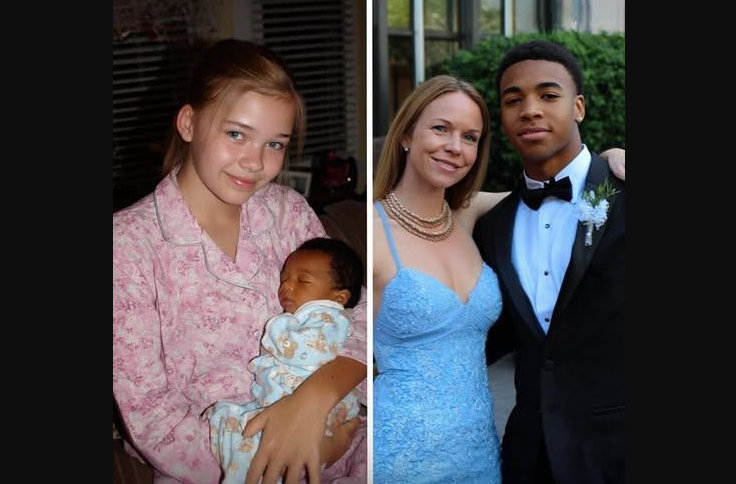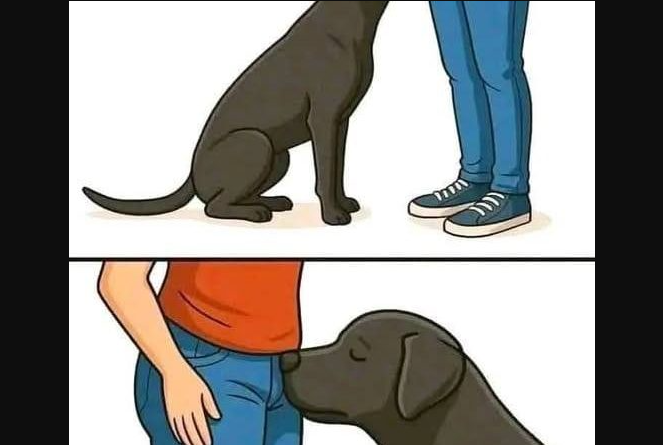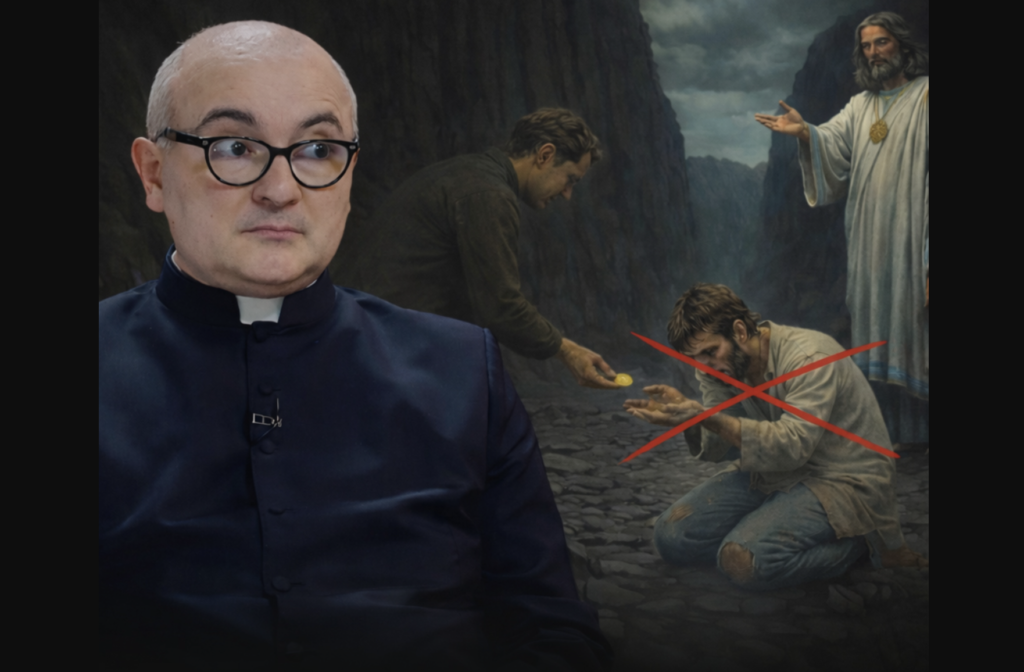In our bustling lives, it’s common to miss those who linger in the background, unnoticed. We pursue ambitions, value achievements through possessions, and often bypass the fleeting, meaningful moments that shape our shared existence.
Yet, a single gesture of compassion—humble, unnoticed, and without expectation—can extend further than we ever anticipate. It can restore respect where it was lost, offer warmth where there was emptiness, and bring meaning where silence once prevailed.
This is the story of an elderly woman on Maple Street. More than that, it’s a testament that kindness carries weight without needing a spotlight. It simply requires someone who chooses to notice.
A Life Overlooked, A Street Alive
Maple Street mirrors countless others—rows of homes, trees bursting with color in spring, and sidewalks alive with children pedaling bikes and dogs chasing squirrels. But at the corner of this familiar street sat someone most chose to ignore.
An elderly woman.
Her name was unknown to passersby. No family visited. Her routine was simple: sitting quietly by the curb near her building. Her clothes, though tidy, were threadbare; her eyes, distant yet weighted with stories. Some thought she was merely an aging neighbor passing time. Others turned their gaze away entirely.
She was alone. And for years, it seemed no one claimed her as their own.
Behind her quiet presence lay a reality few paused to consider: she was lonely, hungry, and largely unseen by a world too preoccupied to care.
Compassion Without a Plan
I never intended to weave myself into her story. I was simply her neighbor, caught up in the rhythm of daily tasks, work, and routine moments. But each time I saw her sitting alone, something stirred within me. It wasn’t pity—it was an understanding, deepened by time, of how easily someone can slip through life’s cracks.
I didn’t know her past, but I sensed the void in her present. One day, I brought her a plate of food—nothing elaborate, just leftovers. She nodded her gratitude, her words sparse.
The next day, I brought another plate. Then another.
Soon, it became a quiet ritual—a meal delivered daily for four years.
Not because she requested it. Not because I sought reward. It simply felt necessary.
Whispers of Doubt, A Steadfast Purpose
Not everyone approved. I noticed neighbors’ glances. Some murmured. Others dismissed it. A few questioned my efforts outright.
“Shouldn’t the city handle people like her?” one asked.
Perhaps. But systems sometimes falter. And when they do, neighbors can step beyond observation. We can become anchors.
She never asked for more than I offered. Never demanded. Never presumed.
Yet, in that small daily act, something profound grew.
She found solace in the routine. I found meaning in the commitment. Words weren’t needed, nor were grand gestures. Her soft smile each evening spoke volumes.
A Stranger Turned Kin
Then, one day, she was gone.
The curb where she sat was bare. The silence, heavier than before.
That evening, my phone rang. An unfamiliar number. I answered cautiously.
A gentle voice spoke. “Is this [my name]? This is the county office. We found your number among a resident’s belongings. She named you as her emergency contact.”
My chest tightened. They meant her.
“She passed away peacefully this morning,” the voice continued softly. “But she left something for you.”
A Letter That Lingered
The next day, a county worker handed me a small, carefully sealed box.
No wealth inside. No treasures. Only a folded letter, written in trembling script:
“To the one who truly saw me.
You brought me meals, but more—you brought me respect. You restored my sense of worth. You gave me a reason to carry on.
Thank you for being my family when the world turned away.”
I read those words repeatedly, my vision blurred by tears.
That night, I sat where she once did. Not in sorrow, but in reverence—for a woman with so little who left behind something so enduring.
Compassion Without Fanfare
There were no news stories. No accolades. No audience to applaud. Just a quiet street and a space now sacred.
I didn’t save her in a grand way. I didn’t pull her from danger or erase her struggles. But perhaps I helped her feel whole again.
That’s the power of kindness—it rebuilds dignity.
We often picture compassion as bold acts, but its truest form unfolds in life’s quiet corners—without fanfare, without cameras, without even acknowledgment.
Yet its impact can echo endlessly.
Why This Resonates, Especially With Age
As we grow older, we learn that life’s greatest treasures aren’t objects. They’re moments. Relationships. The sense of being noticed, remembered, and valued.
Aging can be lonely. Friends drift or pass. Families grow busy. Physical challenges can turn simple tasks—like cooking or shopping—into burdens.
Too often, older adults fade from view. Not because they lack worth, but because we stop seeing them.
This story reminds us that small acts—sharing a meal, checking in, offering a smile—can bridge the gap between isolation and dignity.
It doesn’t demand wealth. It doesn’t require time you lack. It only asks for awareness.
The Power of One Plate
What began as a humble offering of food became a lifeline for someone who had none.
But I didn’t just nourish her. She nourished me.
She taught me that life extends beyond schedules and distractions. That we all hold the power to touch a life—not with grandeur, but with care.
She urged me to pause. To care deeply. To see people, not pass them by.
And she left a legacy, not carved in stone, but penned in ink, folded carefully in a simple box.
The Lesson From Maple Street
There’s something holy about compassion that doesn’t seek attention. The kind that shows up daily. The kind that expects nothing in return.
As we age, many of us reflect: Did I leave a mark?
But perhaps the true question is: Did I choose to see?
Kindness is never lost.
It’s not measured in praise, recognition, or gain. It’s measured in the quiet ripples it leaves—in hearts, in memories, in handwritten notes preserved long after we’re gone.
So, as you walk your own Maple Street, pause and look. Someone might be sitting quietly, waiting to be noticed.
And you might be the one to remind them that the world still holds gentle spaces, and people ready to care.
